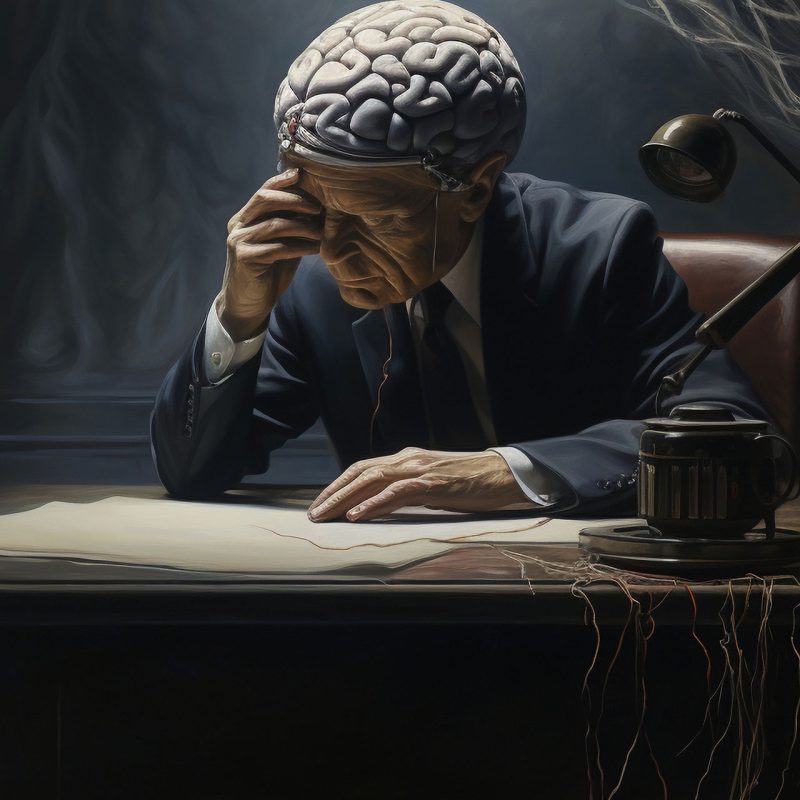 HEGELIANISM
HEGELIANISM
 EPISTEMOLOGY
EPISTEMOLOGY
EPISTEMOLOGY
 PHILOSOPHY AS METHOD
PHILOSOPHY AS METHOD
PHILOSOPHY AS METHOD
 CRITICAL THINKING AND LOGIC TEXTBOOKS
CRITICAL THINKING AND LOGIC TEXTBOOKS
CRITICAL THINKING AND LOGIC TEXTBOOKS
 PHILOSOPHICAL BOOKS AND TEXT
PHILOSOPHICAL BOOKS AND TEXT
PHILOSOPHICAL BOOKS AND TEXT
 SKEPTICISM (PYRRHONISM)
SKEPTICISM (PYRRHONISM)
SKEPTICISM (PYRRHONISM)
 LOGICAL POSITIVISM
LOGICAL POSITIVISM
LOGICAL POSITIVISM
 WHAT IS GOOD WRITING?
WHAT IS GOOD WRITING?
WHAT IS GOOD WRITING?
 PROPOSITIONAL CALCULUS (PROPOSITIONAL LOGIC)
PROPOSITIONAL CALCULUS (PROPOSITIONAL LOGIC)
PROPOSITIONAL CALCULUS (PROPOSITIONAL LOGIC)
 THOMISM
THOMISM
THOMISM
 THE PERSONAL ESSAY
THE PERSONAL ESSAY
THE PERSONAL ESSAY
 POLITICAL PHILOSOPHY
POLITICAL PHILOSOPHY
POLITICAL PHILOSOPHY
 WHAT IS THE “SUBJECT MATTER” OF PHILOSOPHY
WHAT IS THE “SUBJECT MATTER” OF PHILOSOPHY
WHAT IS THE “SUBJECT MATTER” OF PHILOSOPHY
 GRADING CRITERIA FOR PHILOSOPHY ESSAYS
GRADING CRITERIA FOR PHILOSOPHY ESSAYS
GRADING CRITERIA FOR PHILOSOPHY ESSAYS
 THE ARGUMENTATIVE PAPER
THE ARGUMENTATIVE PAPER
THE ARGUMENTATIVE PAPER
Logic
Books
-
Wittgenstein: A Very Short Introduction
$15.30 -
The Daily Stoic Paperback
$17.66 -
PHILOSOPHICAL INVESTIGATIONS: Second Edition
$96.99 -
Avicenna’s Al-Shifa’: Oriental Philosophy (Routledge Studies in Islamic Philosophy)
$59.95 -
A Course in Miracles: Text, Workbook for Students, Manual for Teachers
$22.49 -
The Art Of War: Complete Text of Sun Tzu’s Classics, Military Strategy History, Ancient Chinese Military Strategist (Deluxe Collection Edition, #1)
$6.99 -
I Only Wanted to Live
$15.99 -
The Transcendentalists and Their World
$13.77 -
Divine Humility: God’s Solution to Human Catastrophe
$5.99 -
Ludwig Wittgenstein: The Duty of Genius
$25.00 -
The Book of Joy: Lasting Happiness in a Changing World
$13.08 -
Autobiography of John Stuart Mill
$43.95 -
Living Buddha@@ Living Christ
$19.27 -
The True Believer: Thoughts on the Nature of Mass Movements (Perennial Classics)
$11.39
The Atomos Blog
Reexamining Spacetime Substantivalism: Duplicate
Reexamining Spacetime Substantivalism: Duplicate
Reexamining Spacetime Substantivalism: A Critique of Modal Arbitrariness and Determinism in Teitel’s Framework
Rule-Following and Artificial Intelligence: A Kripkean Perspective
The Eternal Coexistence of Consciousness and Spacetime: A Philosophical Inquiry
Embracing Contradiction: An In-Depth Analysis of Dialetheism
Analysis of, and Responses to Edmund Gettier’s “Is Justified True Belief Knowledge?”
The Unstable Foundation: A Critique of the Ontological Proof of God’s Existence
Meta-Modal Actuality: A Dynamic Framework for Possibility, Actualization, and Causality
Killing, Morality, and the Human Condition: A Philosophical Investigation
The Intricacy of Existence: A Philosophical Exploration of Complexity, Contingency, and Divine Agency
The Ethics of Procreation and the Rational Acceptance of Life: A Critical Engagement with Weinberg’s Argument
Imagination, Consciousness, and the Nature of the Soul: A Philosophical Inquiry
The Interplay of Karma, Rebirth, and Non-Self in Buddhist Philosophy: A Metaphysical Inquiry
Metaphysical Perspectives: A Comparative Analysis of Theism and Atheism
The Infinite Universe, Death, and the Search for Meaning: A Philosophical Exploration of Existence, the Divine, and Human Mortality
The Intricacy of Existence: A Philosophical Exploration of Complexity, Contingency, and Divine Agency
Terms & Concepts

Hume’s fork


































































